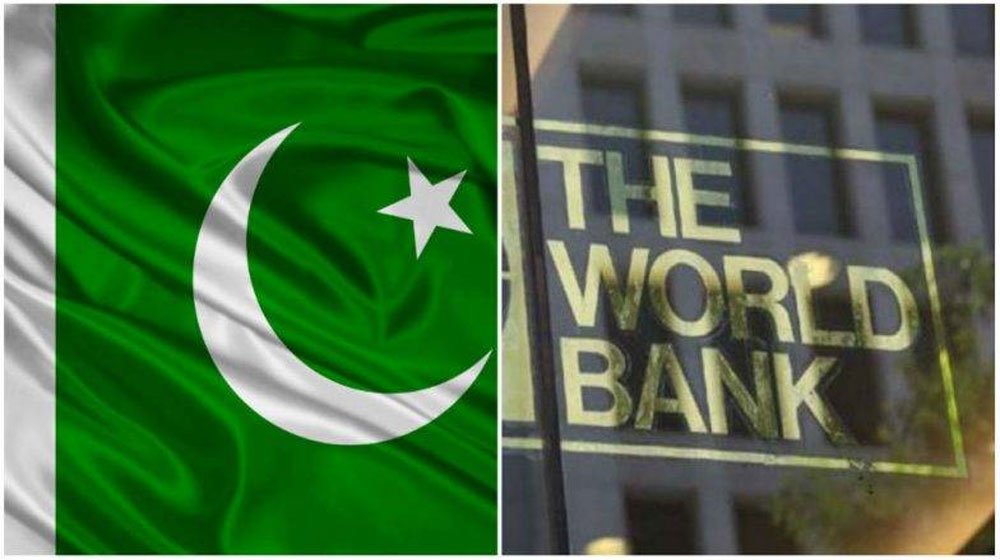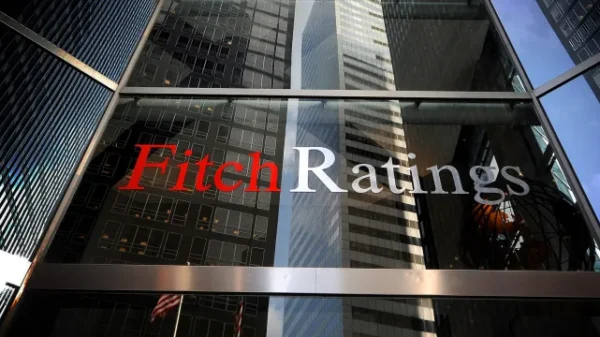The World Bank has issued a new report outlining Pakistan’s economic prospects, painting a challenging picture ahead characterized by high inflation and modest growth.
In the report, it’s forecasted that Pakistan’s inflation rate will remain notably high, at around 26 percent for the ongoing fiscal year, with a slight decrease to 15 percent projected for the following fiscal year.
The report elaborates on a modest economic growth rate of 1.8 percent for the current fiscal year, with a slight uptick to 2.3 percent expected for the subsequent fiscal year. These figures underscore the persistent hurdles confronting the Pakistani economy, including structural constraints and external pressures.
Within the agricultural and industrial sectors, growth is anticipated to reach 2.2 percent in the upcoming financial year. While this signals a gradual recovery, it still falls short of the potential for a nation with a sizable and diverse economic foundation.
A crucial focus of the World Bank report is the current account deficit, which is forecasted to hover around 0.6 percent in the next financial year. While this indicates a marginal improvement, it underscores the imperative for sustained fiscal management and reform efforts.
However, the financial deficit presents a more worrisome scenario, with the report projecting it to reach 8 percent of the GDP in the ongoing fiscal year. Although this is anticipated to shrink to 7.4 percent in the subsequent fiscal year, it still reflects a considerable challenge to economic stability, necessitating concerted efforts for fiscal prudence.
Furthermore, the report emphasizes the importance of addressing underlying structural issues and implementing reforms to enhance economic resilience and foster sustainable growth. Key areas of focus include improving governance, enhancing tax collection mechanisms, promoting investment in human capital and infrastructure, and fostering a conducive environment for business and entrepreneurship.
Additionally, prudent monetary and fiscal policies coupled with effective social safety nets will be essential to mitigate the adverse impacts of economic challenges on vulnerable segments of society and ensure inclusive growth. Collaborative efforts between the government, private sector, and development partners will be crucial in navigating the complex economic landscape and charting a path towards a more prosperous and resilient future for Pakistan.










